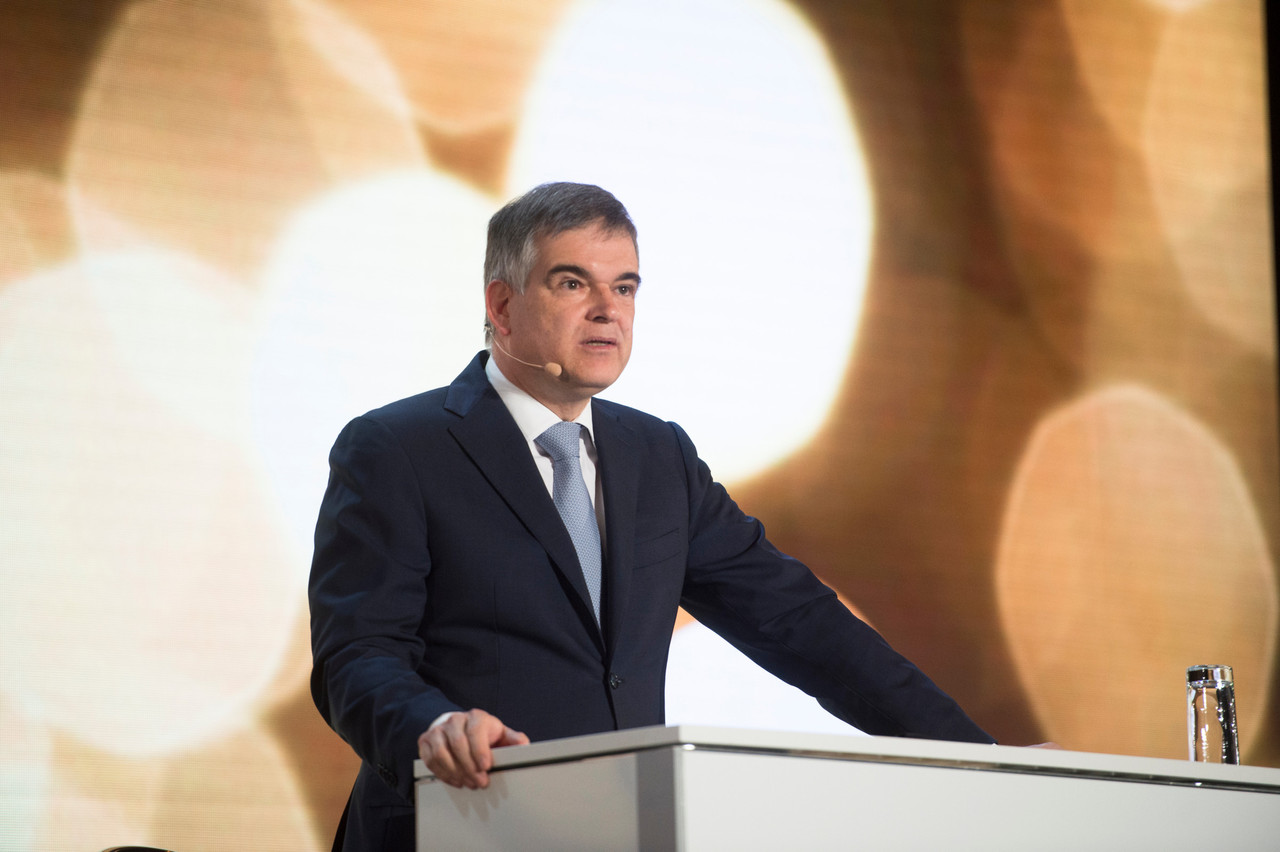Speaking to MPs on Monday 7 June, Claude Marx confirmed that the Luxembourg financial centre had proved resilient and that "no warning signs of a financial crisis" had been recorded.
The director general of the CSSF was particularly reassuring for the investment fund sector, which has already set a new record this year by reaching €5,250 billion in assets under management. But, according to Claude Marx, this new surge has nothing to do with the birth of a speculative bubble.
Looking at the banking sector, the head of the CSSF does not see any major problem at the operational level either. It is in terms of profitability, however, that he is likely to have a problem. The financial regulator notes that, for the last six years, banks' costs have been increasing faster than their revenues.
One bank in six no longer makes a profit
This is a phenomenon that Claude Marx intends to keep an eye on, as currently one bank in six in the grand duchy is no longer making a profit.
In terms of solvency and liquidity, however, the ratios are in the green and the moratoria requested in the context of the pandemic are clearly decreasing. If, in 2020, the banks recorded 13,000 requests for moratoriums on outstanding loans for a total of €3.6 billion, these have fallen to €1,600 for a total of €400 million.
Finally, with regard to the security of technological infrastructures, the CSSF director speaks of "minor incidents", but managed in an efficient manner. He notes that, in the euro area as a whole, 20 to 30 cyber attacks were reported quarterly in 2020. "A small number, but it represents a 50% increase compared to 2019."
